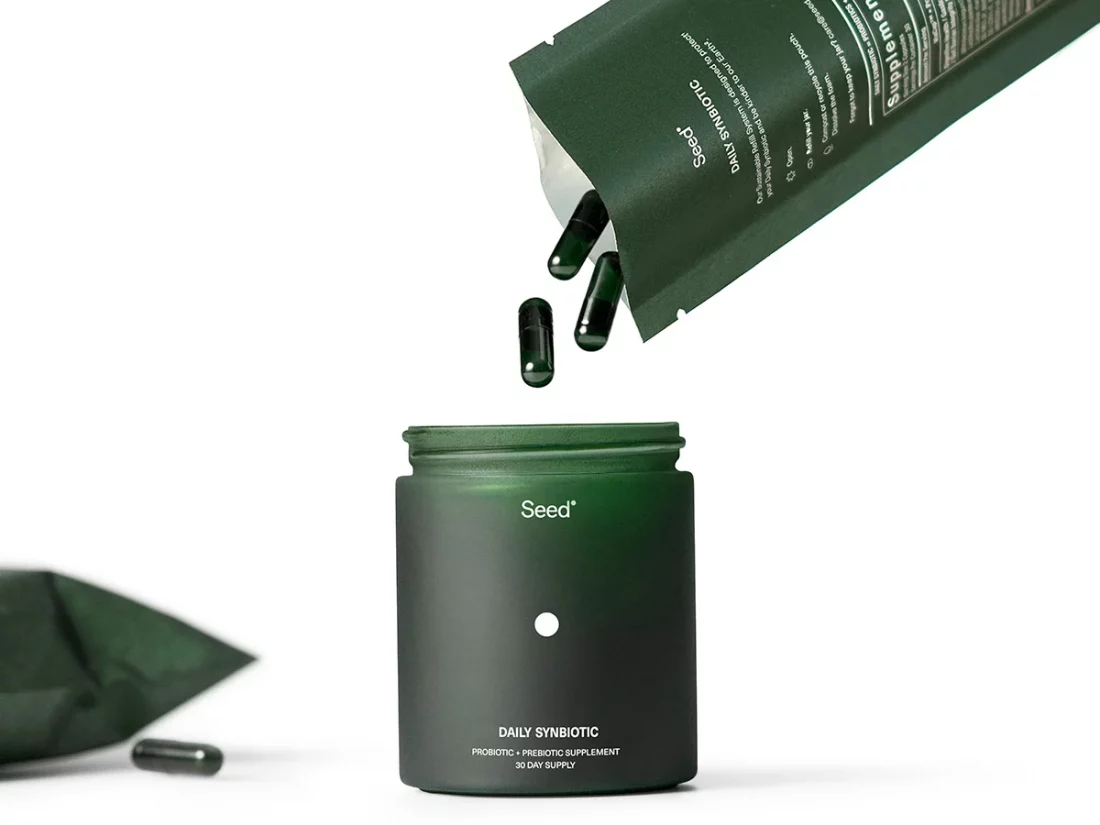
Seed Probiotics Review
Here at carradale Cottage, we are always happy to recommend healthy products. If you are looking for a new probiotic to take, you might be interested in our Seed probiotics review. These new supplements are backed by science and contain 24 strains of good bacteria. However, if you’re looking for something inexpensive but still effective, we recommend trying a different brand. This Seed probiotics review will shed some light on the product. It also reveals why the price tag may seem high compared to other probiotic supplements on the market.
Seed probiotics are a new class of prebiotics
A new class of prebiotics has emerged: the seed probiotic. A new science has led to this discovery, which is a game-changer in the probiotic field. Seed scientists are focused on promoting digestive health through the microbiome. The company’s product, Daily Synbiotic, is a blend of clinically-validated probiotic strains and non-fermenting prebiotics. Its studies have demonstrated significant improvements in cardiovascular, dermatological, and gastrointestinal health. Seed scientists are also working on environmentally friendly products. Their products are available in compostable mycelium pouches and edible corn foam insulators.
They contain 24 strains
Seed is a high-quality, probiotic supplement that includes 24 strains of beneficial bacteria. Its formula contains a wide range of plant-based prebiotics, Scandinavian chaga mushrooms, pine bark, and Indian pomegranate. These are all known for their benefits to the digestive system. While many probiotic supplements don’t contain plant-based prebiotics, Seed does. Seed provides the 24 strains of bacteria you need for healthy digestion.
They are backed by science
Like many products in this category, Seed probiotics are backed by science. The company’s formula was developed by scientists and doctors with a deep understanding of the digestive system. The company’s Chief Scientist, Dr. Gregor Reid, Ph.D., is an internationally recognized expert in beneficial microbes. He leads a group that developed a consensus definition of what constitutes ‘probiotics.’ Other members of the Scientific Advisory Board include MDs and PhDs.
They are more expensive than OTC probiotics
While many probiotic supplements are less than effective, Seed has a proven track record, and their product is backed by science. With numerous studies and clinical trials, Seed is able to provide you with evidence-based health benefits. However, Seed probiotics are more expensive than OTC probiotics, and they are a recurring monthly cost. Here are some benefits of Seed probiotics.
They are vegan
If you’re looking for a new probiotic supplement, you can start by looking into Seed probiotics. These capsules contain a proprietary blend of probiotics, so you don’t need to worry about getting anything you don’t like. The company’s 30-day guarantee ensures that all customers will get their money’s worth and offers free shipping within the US. Customers can cancel their subscriptions or reschedule shipments as necessary. And because the company uses cGMP and HACCP standards for its production, no skip-lot testing is done in their production process.
They are non-GMO
Seed probiotics are manufactured using only the cleanest ingredients, including only human probiotic bacterial strains. Because the probiotics are manufactured using only non-GMO ingredients, they are more environmentally friendly than most similar products. Seed probiotics are available in various price ranges, from value-priced to eco-friendly, and they are also easy to find and discount. The following is a review of the probiotics in the DS-01 Daily Synbiotic.
They are non-allergenic
The formula in Seed probiotics is designed by a team of microbiome experts. Seed’s Chief Scientist, Dr Gregor Reid, Ph.D., is an internationally recognized expert on beneficial microbes. He serves as Chair of the United Nations World Health Organization Expert Panel on Probiotics and led a group to create a common definition of ‘probiotics’. Seed’s scientific advisory board includes female MDs and PhDs.

Sorry, the comment form is closed at this time.